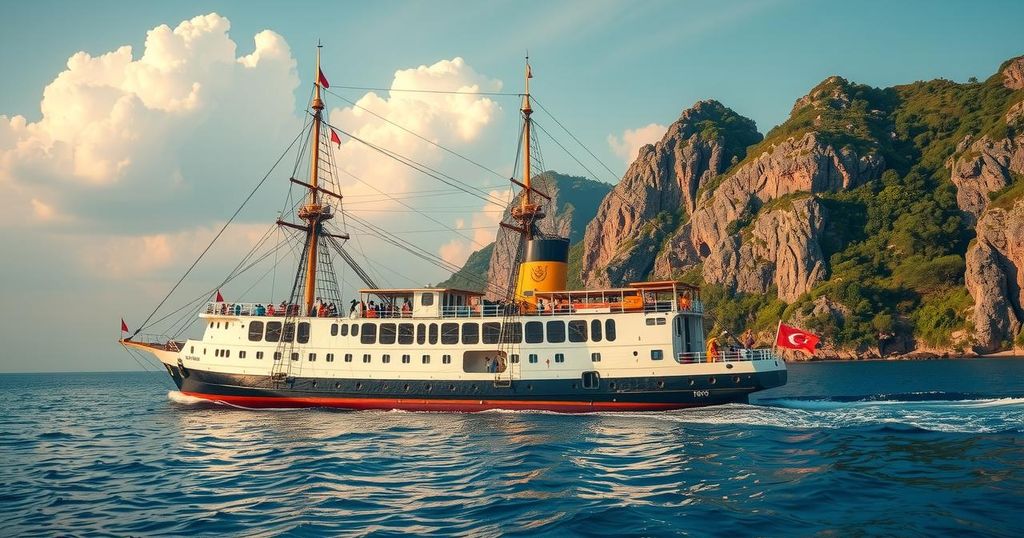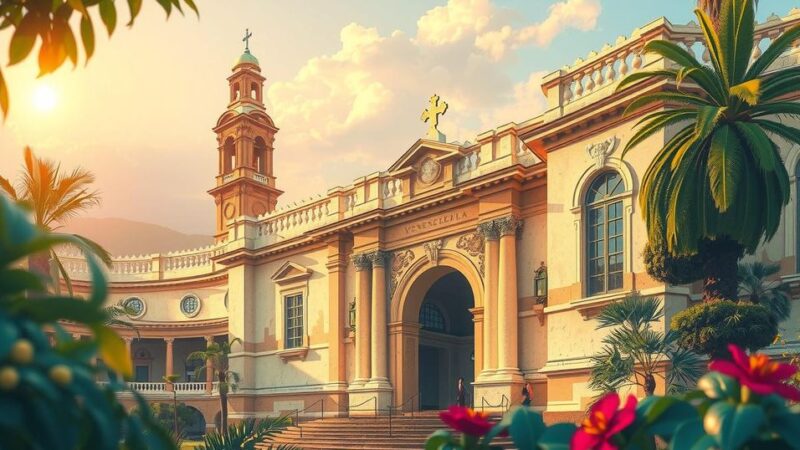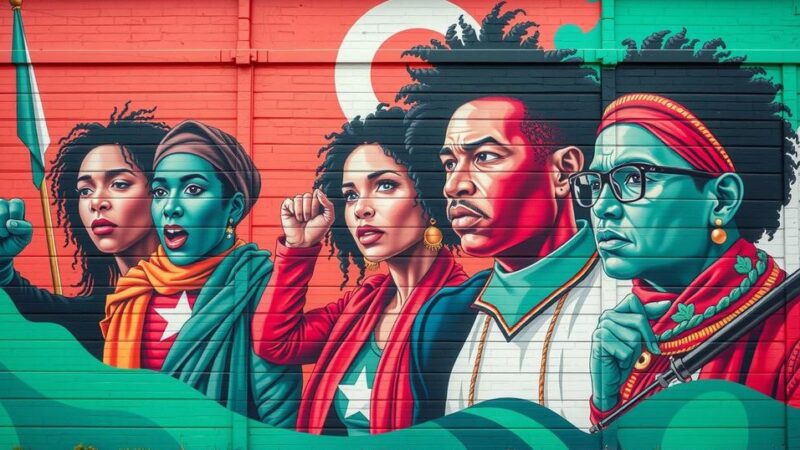The Great Passage cruise will retrace the journey of enslaved Africans from Brazil to Angola, aiming to educate participants about the historical impacts of the slave trade. This initiative highlights personal stories, such as that of Helena Monteiro da Costa, whose father was enslaved. The project seeks to confront this dark past and foster understanding of its ongoing legacy.
In an unprecedented initiative, the Great Passage cruise will retrace the brutal transatlantic journey taken by millions of enslaved Africans, reversing the route from Brazil back to Angola. This journey aims to foster education and acknowledgment of the historical injustices associated with the slave trade. Helena Monteiro da Costa, a 99-year-old resident of Santos, Brazil, is particularly eager to partake in this voyage, which symbolizes a powerful connection to her father, who was forcibly brought to Brazil as a slave in the 19th century.
From the 16th to the 19th centuries, Brazil became the destination for approximately five million enslaved Africans, the largest number received by any nation during this period. Most individuals were transported under horrifying conditions aboard Portuguese ships, primarily from Angola. The cruise not only seeks to raise awareness of this dark chapter in history but also serves as a means of confronting the lingering legacies of slavery.
As Costa poignantly reflects on her father’s experience, she acknowledges, “My father was enslaved and he obeyed … everything they (the enslavers) told him to do he did.” This statement encapsulates the reality faced by many enslaved individuals and underscores the importance of remembering this history.
The Great Passage cruise stands as a testament to the enduring impact of the slave trade and the necessity of education to foster reconciliation and understanding of this profound heritage.
The Great Passage cruise is a significant project aimed at addressing the historical injustices of the transatlantic slave trade. It involves a voyage from Brazil back to Angola, reversing the path taken by hundreds of thousands of enslaved Africans. This initiative not only aims to educate participants about the horrific conditions of the slave trade but also encourages reflection on the legacies that endure in contemporary society. By engaging individuals such as Helena Monteiro da Costa, who has a personal connection to this history through her father, the cruise seeks to foster a deeper understanding of heritage and accountability in confronting the past.
In summary, the Great Passage cruise represents a remarkable effort to confront the painful history of the slave trade and its repercussions. Through the reverse journey to Angola, participants, including Helena Monteiro da Costa, will engage in a profound educational experience that emphasizes remembrance and reconciliation. This initiative serves as a reminder of the need to acknowledge historical injustices and their lasting effects on individuals and societies.
Original Source: www.scmp.com






